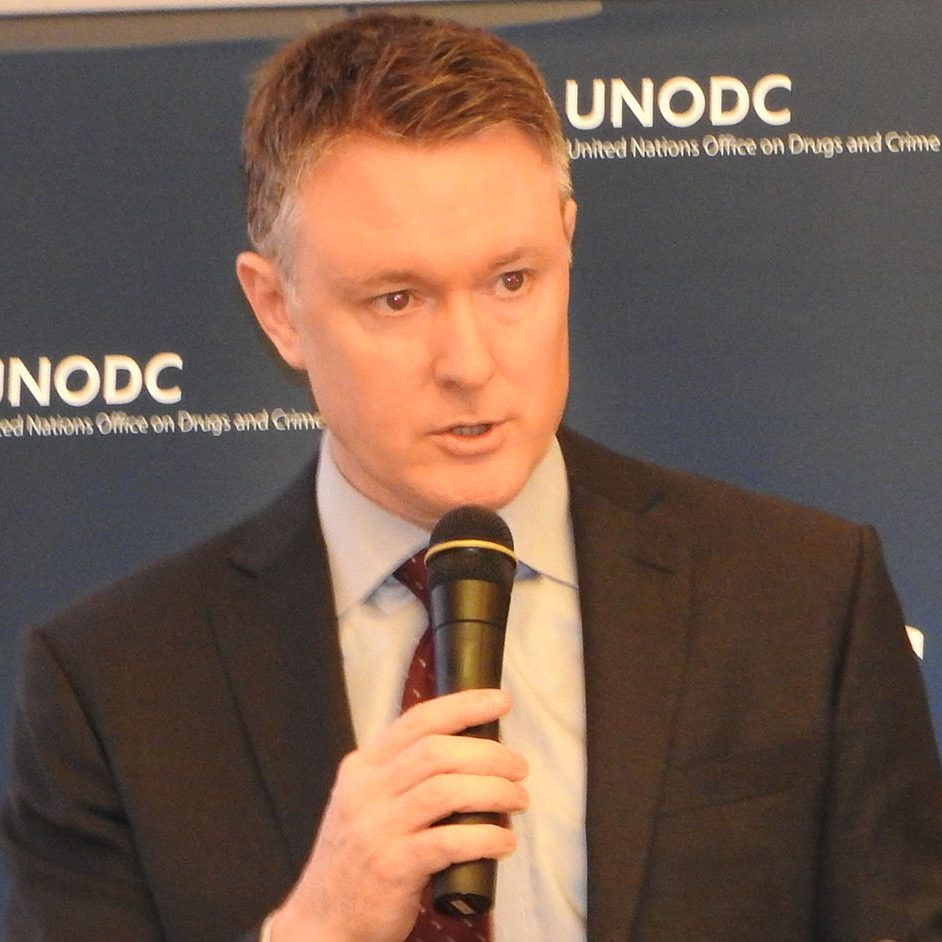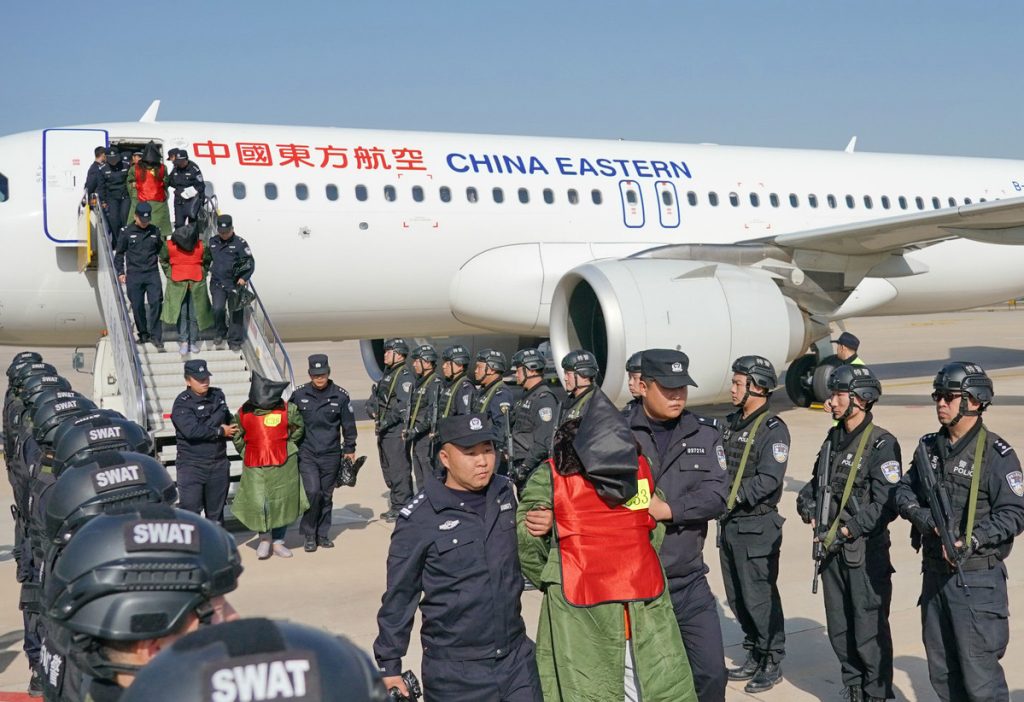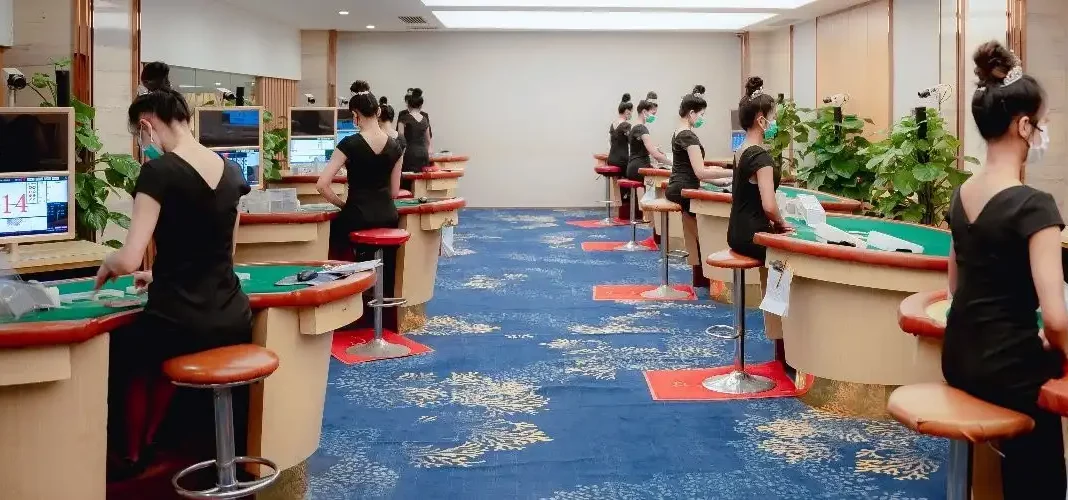In a recent interview with AGB, Jeremy Douglas, Regional Representative at the United Nations Office on Drugs and Crime (UNODC) shed light on the significant findings of a report regarding the pivotal role played by casinos, cryptocurrency, and VIP junkets in fostering underground banking and crime in East and Southeast Asia.

According to Douglas, the report revelations indicate that casinos and junket operators in the region have effectively become de facto banks, offering a range of underground financial services, including credit issuance, currency exchange, mixed-currency payment and settlement solutions, remittances, and debt collection.
For the UNODC representative, these entities collectively “serve as favored channels for organized crime to conduct illicit activities”.
“Court and case information reviewed by UNODC makes it pretty clear that these mechanisms form part of the backbone of underground banking and money laundering infrastructure in Southeast Asia, serving the needs of transnational organized crime groups operating in the region and increasingly globally,” Douglas tells AGB.
Technological Influence: Proliferation of Online Casinos in East Asia
The rapid integration of technology, such as mirror websites, cryptocurrencies, and third-party betting software, has significantly contributed to the surge in online casinos in East Asia.
“It has never been easier to set up an illegal, unlicensed online casino operation with limited technical expertise and overhead capital, irrespective of gambling laws,” stressed Douglas.
“Some online platforms operate from facilities in jurisdictions without any knowledge of governments, and many have parts of their operations located in different places in the region or reaching into other regions – very intentionally.”

At the same time, a key trait of many online casino operations are the evolving efforts to hide or obfuscate the movement of funds, with governments reporting a range of methods used by organized crime to facilitate transfers through and into illegal online platforms.
“Beyond extensive misuse of junkets by ‘high-rollers’, other approaches include online casino websites using underground (also known as white-glove) money laundering and banking networks such as ‘points running’ or ‘score running’ syndicates or ‘water houses’, money mule ‘motorcade’ teams, and third and fourth-party payment providers, sometimes referred to as running points platforms,” Douglas adds.
Cross-Border Crime: Exploiting Complexity and Jurisdiction Hopping
The report also delves into cross-border gambling activities and the challenges in determining jurisdiction, with organized crime syndicates exploit this complexity, as seen in examples involving Macau SAR, Taiwan, Cambodia, and mainland China.
“Jurisdiction shopping and hopping are prevalent among online gaming and cyberfraud operators, with many migrating to special economic zones around border areas and territories controlled by armed groups, further complicating law enforcement efforts,” he adds.
“The evolving situation, coupled with rapid developments in artificial intelligence tools, adds an additional layer of complexity to addressing these issues effectively.”
Enforcement Challenges and obstacles in international collaboration
The report also describes the challenges faced by authorities in curbing the escalation of online gambling, with one key obstacle being the difficulty in getting governments to fully understand the scale of the problem and unite for a comprehensive response.
“First and foremost, there is a challenge getting governments to convene around and understand the scale of the problem. Casinos have been getting a pass in the region for years despite information many have been associated with organized crime, but recent cases have really highlighted the fact that they have proven the point of least resistance – the industry has been targeted,” he described.
This has made it difficult to have governments in the region agree to a response at both operational and policy levels, and given the speed the situation is evolving it’s critical that countries find a way to get ahead of this, and fast.
In China, for example, Wang Xiaohong, a member of the Secretariat of the Communist Party of China Central Committee and State Councilor, recently stressed the necessity to keep up with evolving offenses related to cross-border gambling.
The chinese official highlighted the need for eradicating gambling dens and supply chains, and fully implement preventive and monitoring measures against cross-border gambling. He also called for more support concerning the law, public opinion, and international law enforcement cooperation to more efficiently strike cross-border gambling.
“A ‘whole of government’ approach is really necessary that covers cooperation in intelligence exchange, investigations and prosecutions, but also addresses gaps in regulations of companies and areas like special economic zones,
This, Douglas underscores, should bed joined by establishing enforcement capacities, and development of policies to address the misuse and abuse of online casinos and technologies including cryptocurrencies.
“With artificial intelligence tools rapidly developing the situation will only get more complex,” he points out.











